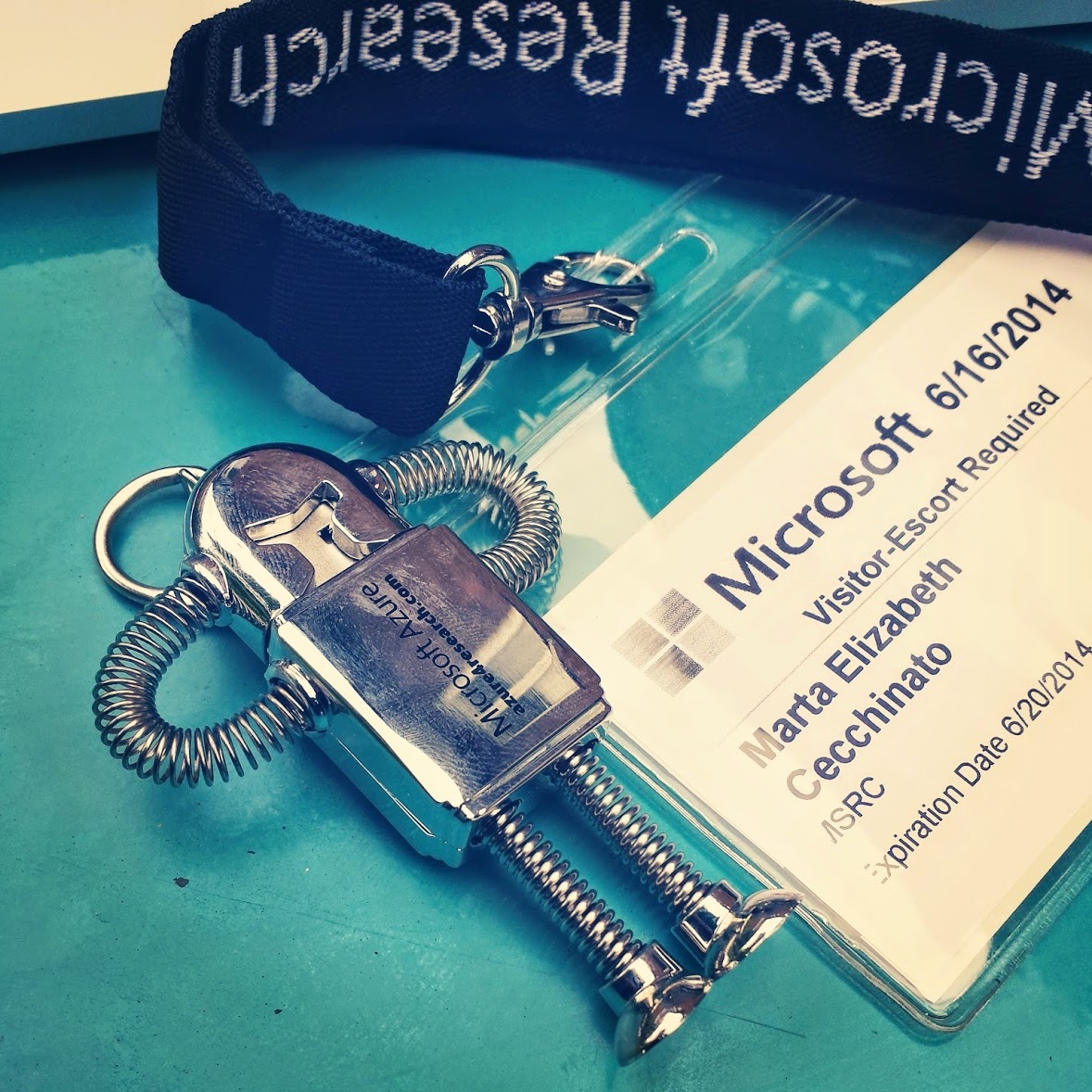PhD insight
From 0 to submitted – #lastmonthofPhD
I submitted my thesis at the end of February, a week after starting my new job as a Lecturer at Northumbria University. I then defended my PhD exactly a month ago and passed with no corrections. Before I completely forget how that last month or so of writing my thesis felt, I wanted to share some thoughts and tips that hopefully can come in handy to others in a similar position.
Back in January 2017, during a moment of utter panic, I sat down and made a timeline of what needed to be done in my last year. You can find that timeline below, but be aware: 90% of it didn’t go as I had planned. Compared to my original plan, I submitted 5 weeks late(r). By the time of submission, I technically still had seven months before a very hard university deadline (which was September 2018), but I wanted to have handed in a month before I started my new job to have some well deserved holiday and sleep. However, life is messy and doesn’t always go according to plan! (more…)
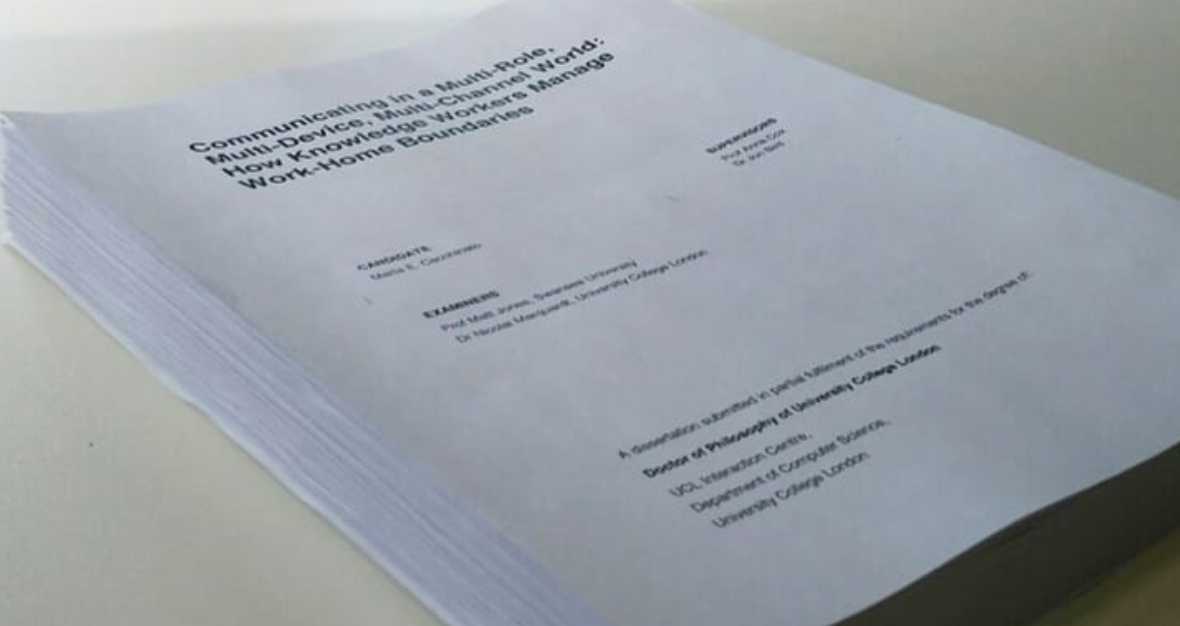
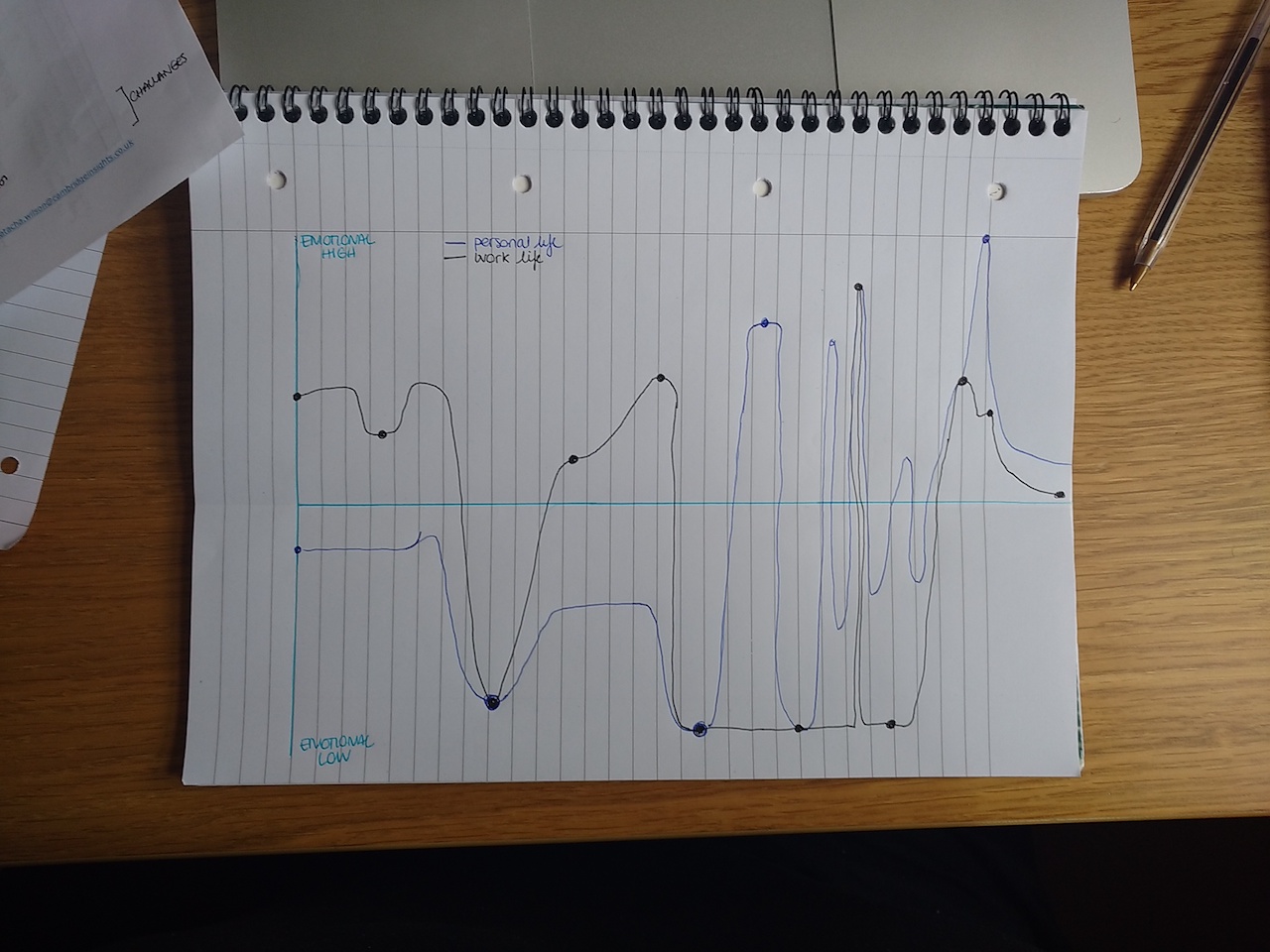
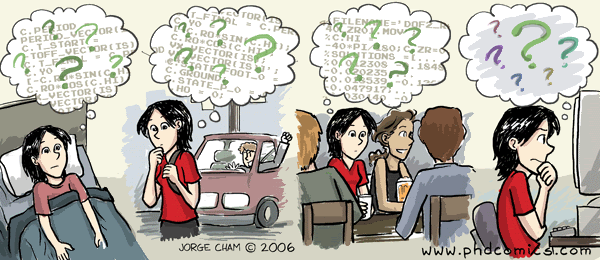
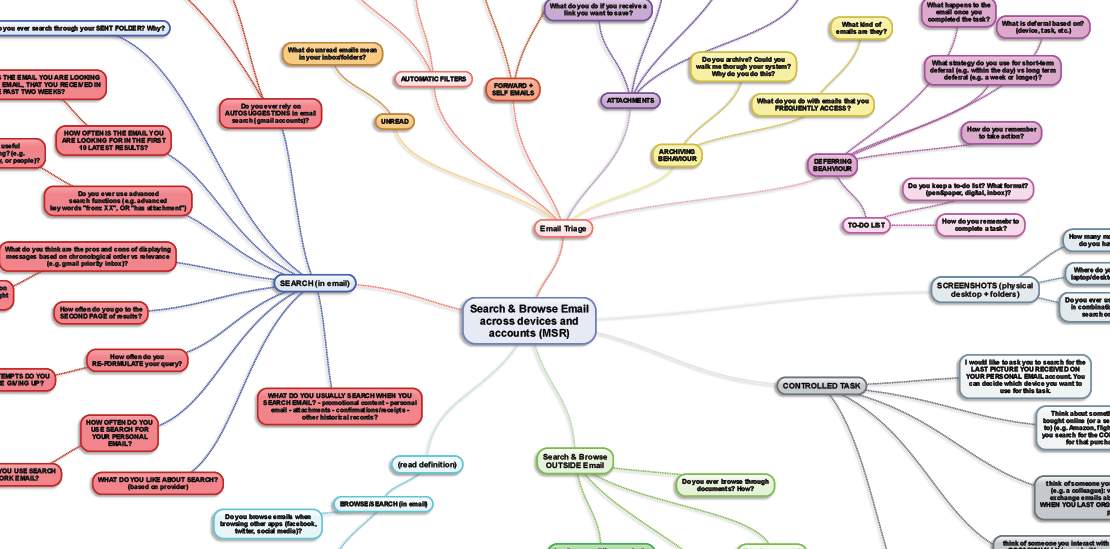

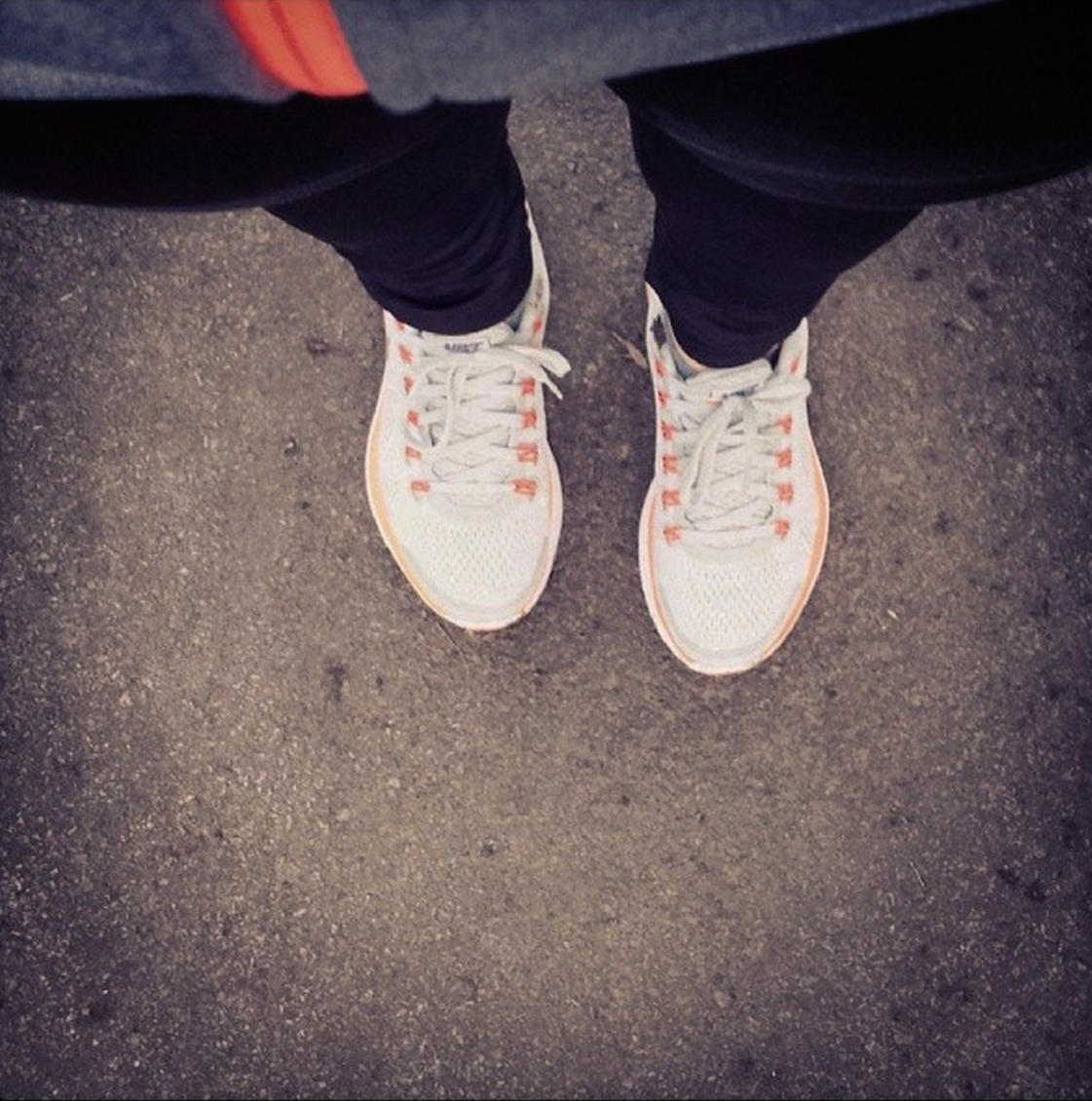
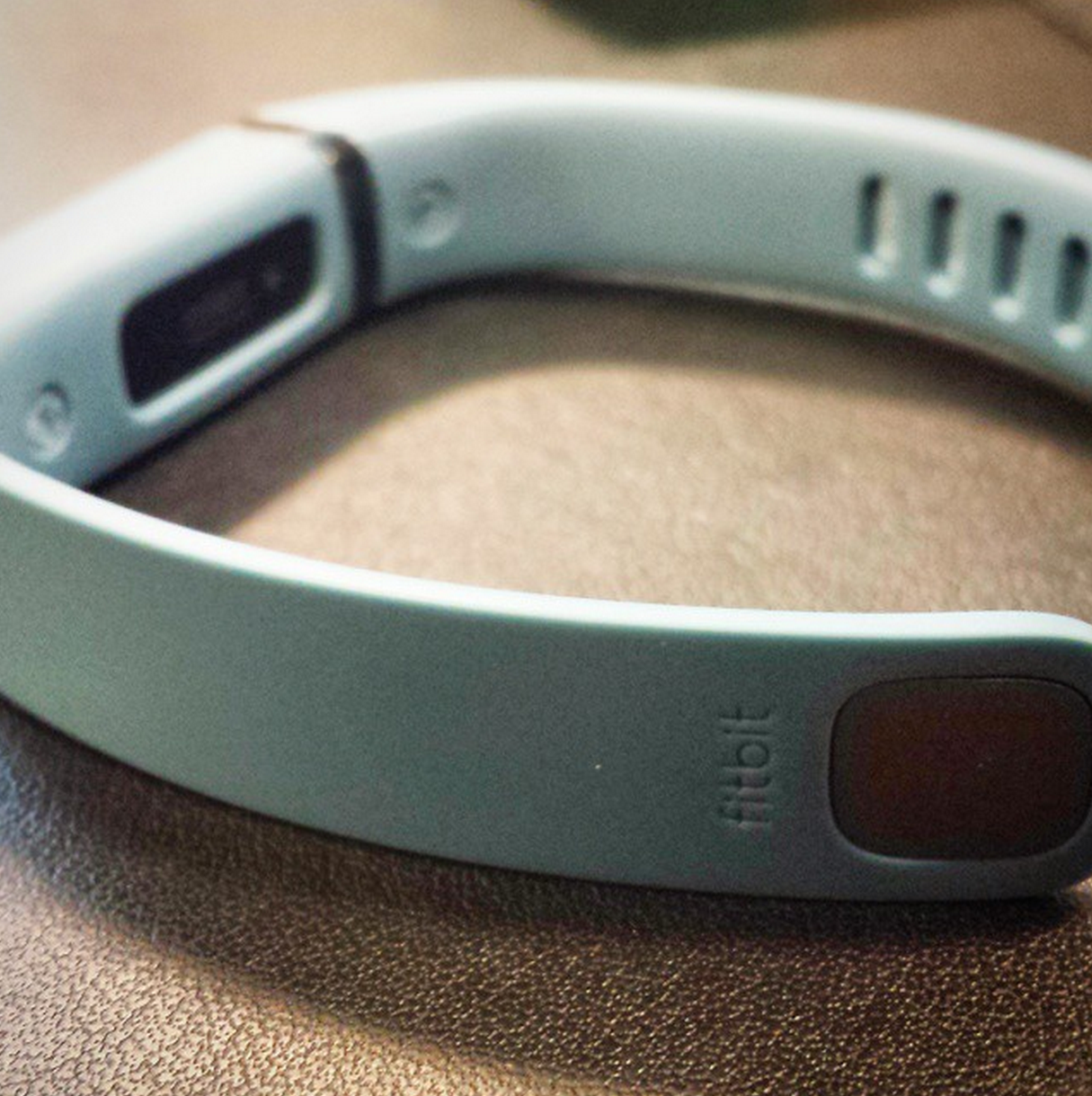 Most of these things I’ve tracked only for a short while (from a few weeks to a few months), enough to gain some sort of epiphany, or ‘digital epiphany’, which usually was something like “right, now I know more about how I behave, and this is no longer so interesting”. While I might start tracking my emails or productivity again in the future, just to touch base again on my way of working, I have been sort of consistent in tracking my physical activity so I thought it would be interesting to think about it a bit more in depth.
Most of these things I’ve tracked only for a short while (from a few weeks to a few months), enough to gain some sort of epiphany, or ‘digital epiphany’, which usually was something like “right, now I know more about how I behave, and this is no longer so interesting”. While I might start tracking my emails or productivity again in the future, just to touch base again on my way of working, I have been sort of consistent in tracking my physical activity so I thought it would be interesting to think about it a bit more in depth.
